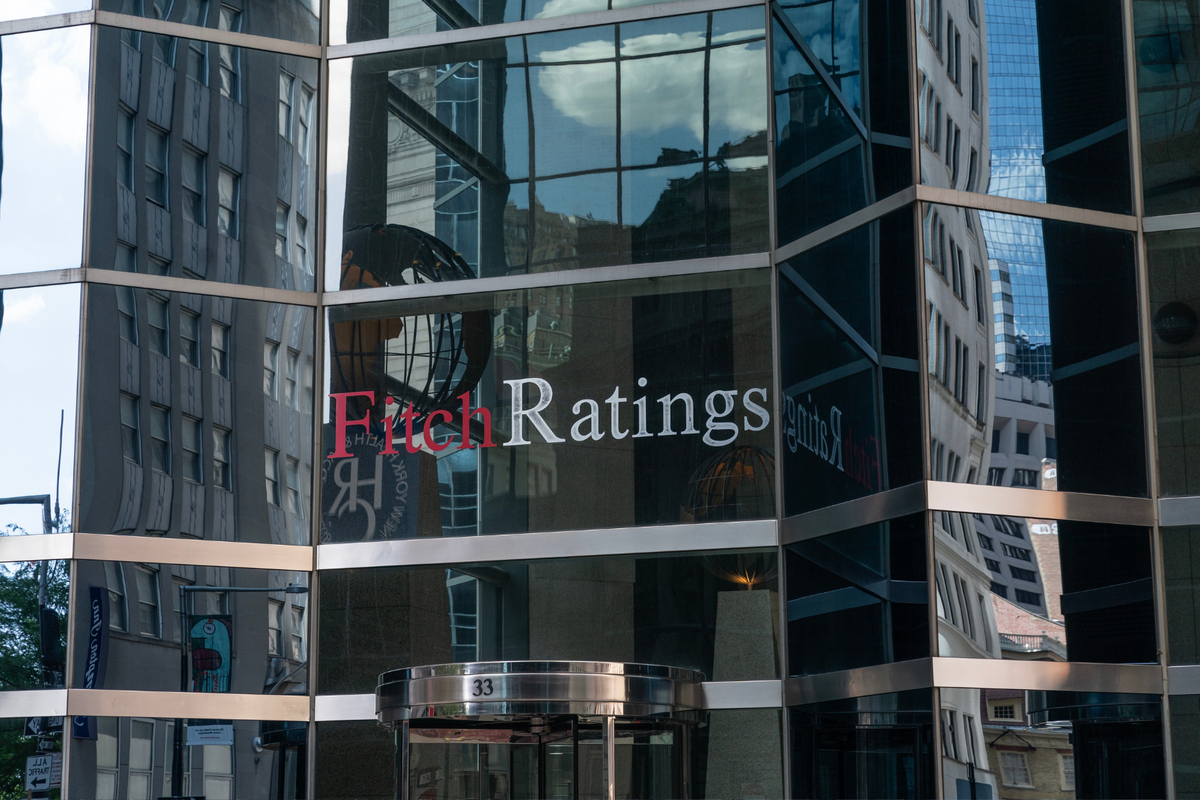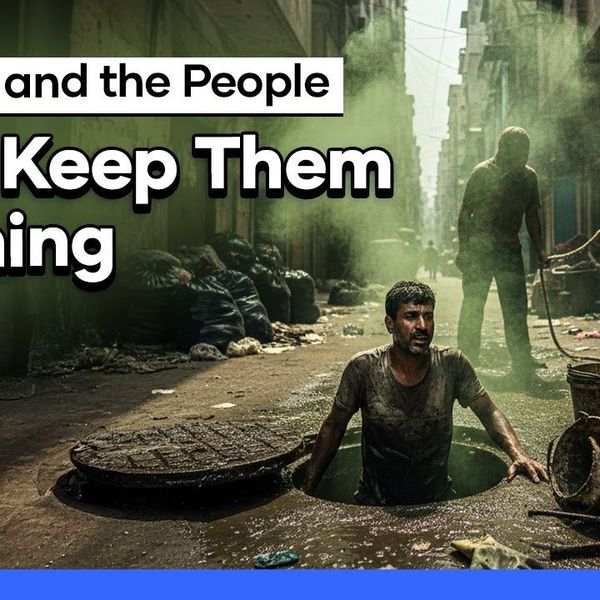Flexible exchange rates, support, and structural reforms key for Pakistan and Egypt: Fitch Ratings
Fitch recently upgraded Egypt to a 'B' rating with a stable outlook in November and Pakistan to 'CCC+' in July
Business Desk
The Business Desk tracks economic trends, market movements, and business developments, offering analysis of both local and global financial news.

Egypt and Pakistan's handling of external and policy-induced economic shocks underscores the importance of flexible exchange rates, bilateral financial support, and structural reforms for long-term financial stability, according to a new report by Fitch Ratings.
Both nations, significant emerging economies with strategic importance, face chronic challenges due to weak external and public finances. Fitch recently upgraded Egypt to a 'B' rating with a stable outlook in November and Pakistan to 'CCC+' in July.
Egypt's higher rating reflects its stronger liquidity, more stable policymaking, and broader fiscal revenue base. These advantages are bolstered by constructive engagement with the International Monetary Fund (IMF) and greater availability of external financial support. Both nations, however, are pursuing credit improvements under IMF programs.
Despite adopting nominally flexible exchange-rate policies, Egypt and Pakistan have demonstrated a preference for exchange-rate stability to anchor inflation expectations and maintain domestic confidence. This approach, often characterized by limited currency fluctuations, stems from underdeveloped interbank markets and commercial banks' aversion to volatility. However, Fitch notes that rigid exchange rates have contributed to balance-of-payments crises.
The two countries continue to grapple with current account deficits, driven by a dependence on imports to meet domestic demand, fueled by rapid population growth and underdeveloped export sectors. Remittances help mitigate some of these pressures.
Both nations receive significant financial support from bilateral and multilateral partners, particularly from Gulf Cooperation Council (GCC) countries and China. This support has historically helped them navigate external shocks without defaulting or restructuring debt. However, Fitch highlights a shift toward tying bilateral assistance to IMF engagement and economic reforms, as well as a move toward more commercial financing terms.
The report concluded that sustained structural reforms, enhanced exchange-rate flexibility, and strategic use of financial support are critical for Egypt and Pakistan to achieve long-term financial sustainability.










Comments
See what people are discussing